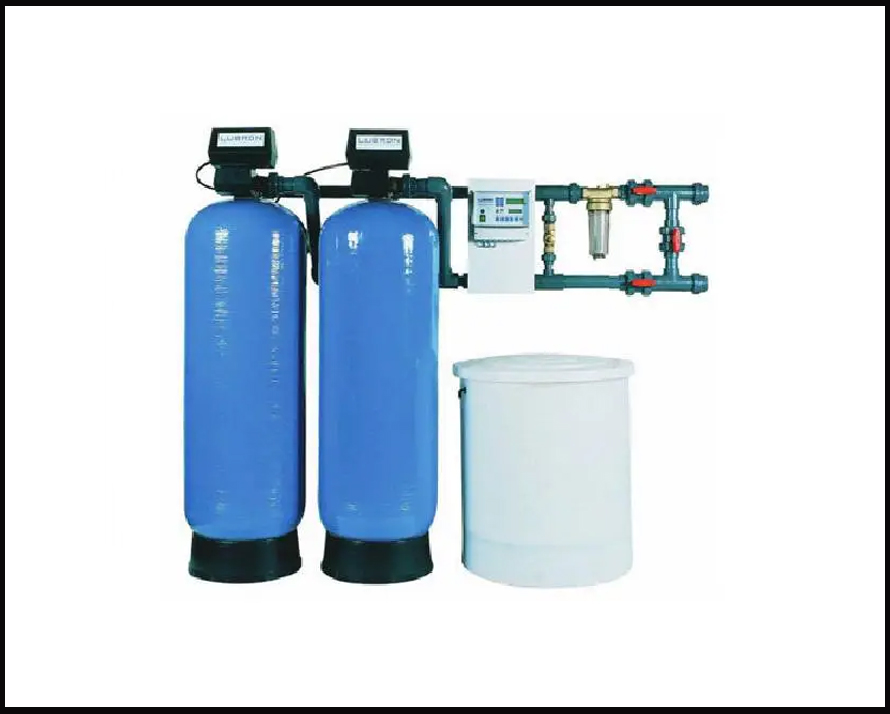Softening Plants / Water Softeners







Softening Plants / Water Softeners
A water softener is a highly efficient device designed to convert hard water into soft water by removing minerals such as calcium and magnesium, which are primarily responsible for water hardness. This process is essential for preventing scale buildup in plumbing systems, extending the lifespan of appliances, and improving the effectiveness of soaps and detergents. The core mechanism of a water softener operates on the principle of ion exchange, where specially designed resin beads, charged with sodium ions, attract and replace the calcium and magnesium ions present in hard water. As the water flows through the resin bed, the unwanted minerals adhere to the beads while sodium ions are released, ensuring a continuous supply of softened water. Over time, as the resin beads become saturated with calcium and magnesium, a regeneration cycle is initiated, during which a concentrated brine solution flushes out the accumulated minerals and recharges the beads with sodium ions, restoring their effectiveness. This regeneration process is automated in most modern water softeners, ensuring uninterrupted performance. The benefits of using a water softener extend beyond preventing limescale deposits; it also contributes to better skin and hair health, enhances the efficiency of water heaters, and reduces energy consumption by maintaining optimal heat transfer efficiency in heating systems. Additionally, softened water helps preserve the integrity of fabrics by preventing stiffness and discoloration caused by mineral deposits.